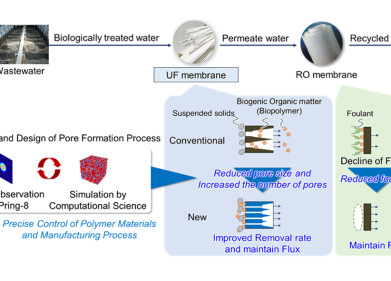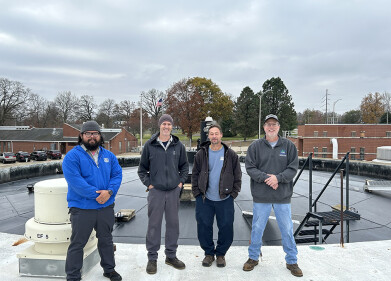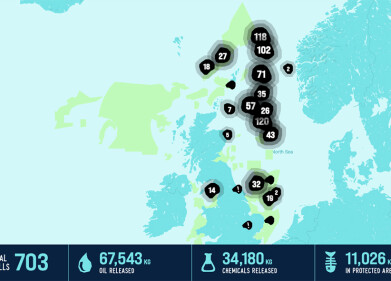Water/Wastewater
How Is Pollution Creating Superbugs?
Nov 09 2016
At a recently general assembly of the UN, Ban Ki-moon highlighted the ever-increasing threat of antibiotic-resistant superbugs to human health across the globe. The secretary general suggested that maintaining a universal standard of healthcare would not be a realistic proposition unless this issue was addressed.
These superbugs are formulated primarily through the pharmaceutical industry, where factories manufacturing drugs in developing countries allow significant amounts of antibiotics into major bodies of water. Bacteria in these bodies are then exposed to the drugs and allowed to develop immunity to them, thus creating superbugs that are easily transmittable and hard to overcome.
A serious problem in developing countries
A significant percentage of all antibiotics are developed and produced in the two Asian super-countries, China and India. But though these two are amongst the biggest producers of the drugs worldwide, they also have the least stringently regulated industrial wastewater disposal practices.
As a result, untreated wastewater is being allowed to infiltrate streams, lakes and reservoirs and corrupt the natural life found there. In fact, one study in China found that not only were antibiotic-resistant bacteria escaping the screening process as it exited the facility, it was also multiplying in the bodies of water. For every bacterium that came into a plant, as many as five were exiting – and now with new antibiotic-resistant properties.
This leads to the development of superbugs which can be transmitted through water, air and food supplies, leading to widespread contamination and difficulty in containment. A recent review on anti-microbial resistance estimated that the global death toll from untreatable diseases and infections will rise to 10 million by 2050 as a result of the proliferation of these superbugs.
Pharmaceutical companies must step up
The responsibility to address this growing issue must lie with big pharmaceutical companies, who need to regulate wastewater treatment and disposal methods in their plants regardless of location. Research is ongoing into new micropollutant removal methods all the time, and it is exactly this sort of technology which must be invested in and brought into force in pharmaceutical plants all over the world.
With this goal in mind, the Pharmaceutical Supply Chain Initiative (PSCI) was set up to try and provide a framework of best practices for environmental policy in nations where pharmaceuticals are produced. However, it is telling that of the 140 biggest pharma companies in the world, a mere 12% have signed up to the PSCI.
While the onus should certainly reside with these companies to buck up their ideas and take responsibility for their production methods, it is also necessary to involve local governments in order to bring them to task. The majority of these big name companies do not have their headquarters in developing countries, but rather in places like the UK, the USA and Switzerland. Therefore, stricter legislation in these nations must be implemented to force pharmaceutical companies to better regulate their wastewater treatment methods.
Working in tandem, governments and big business have the power to limit the outbreak of these superbugs – but they must act quickly and decisively to avoid the nightmare 10 million death toll scenario outlined above.
Events
Apr 15 2025 Moscow, Russia
Apr 21 2025 Shanghai, China
May 11 2025 Vienna, Austria
May 18 2025 Algiers, Algeria
23rd International Water Management Exhibition
May 20 2025 Prague, Czech Republic














